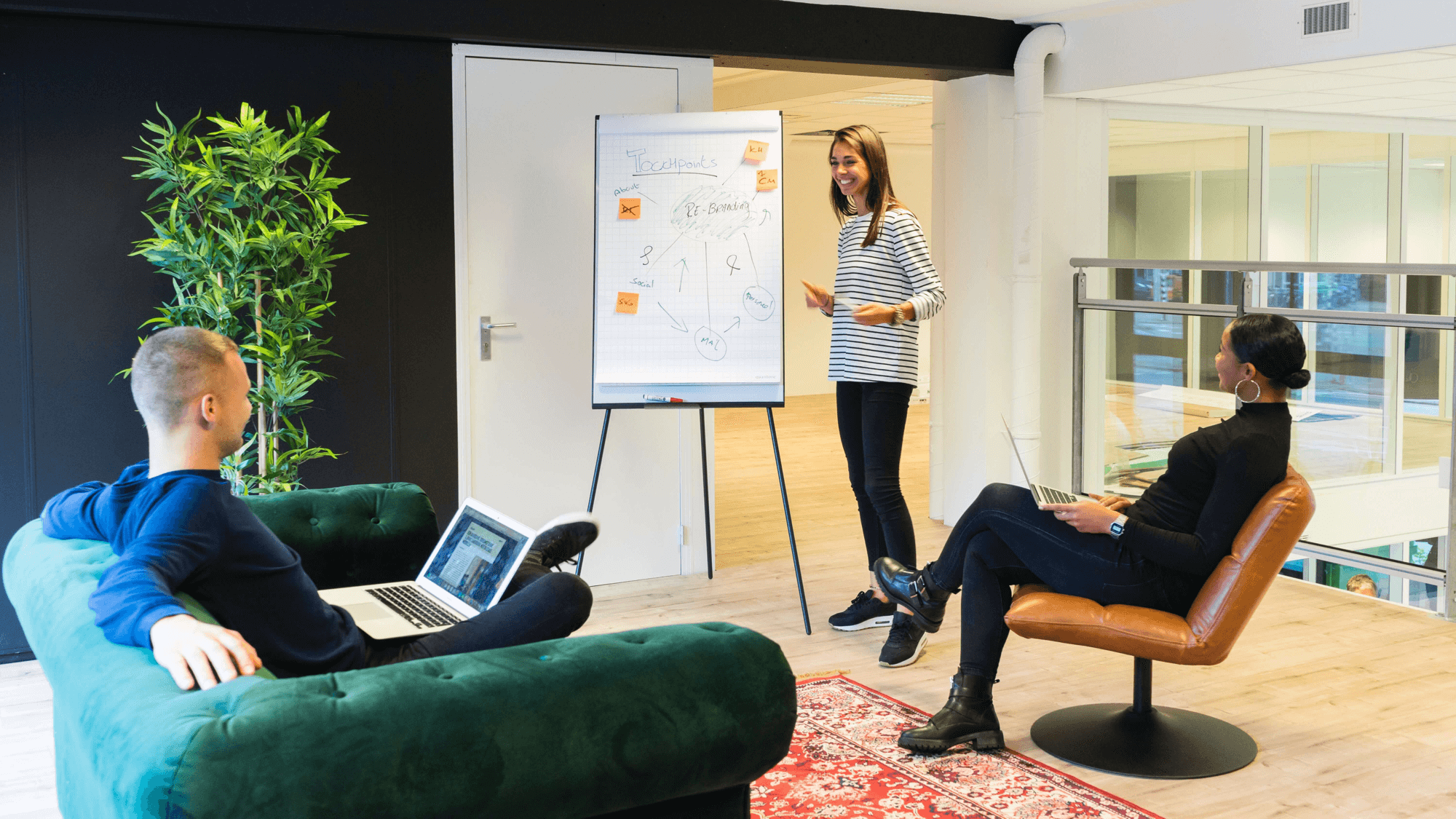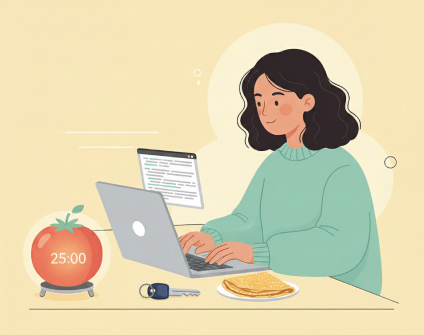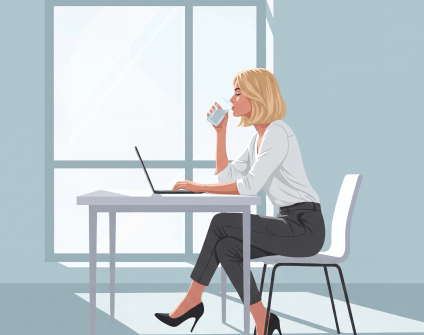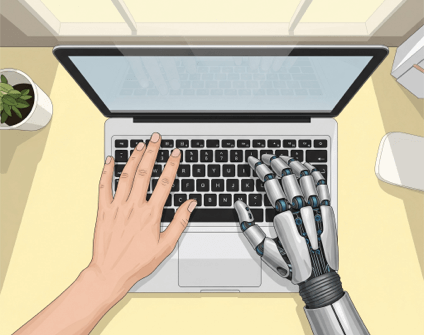In an era of constant digital distractions and information overload, productivity has become the holy grail of professional life. But what if the key to getting more done wasn’t working longer hours, but working smarter? Science holds the answer, and it might surprise you. Here are five research-backed hacks that can revolutionize your approach to work and help you achieve more in less time.
Work Less, Achieve More
Contrary to popular belief, burning the midnight oil might be counterproductive. A Stanford University study revealed a shocking truth: productivity per hour drops significantly when a person works more than 50 hours per week, with an even steeper decline after 55 hours. John Pencavel, the study’s author, notes: “The relationship between hours worked and productivity is non-linear: below a threshold, output is proportional to hours; above a threshold, output rises at a decreasing rate as hours increase.”
Many successful companies, like Basecamp, have implemented shorter workweeks. CEO Jason Fried reports, “We’ve been running 32-hour, four-day weeks during the summer since 2008. Our experience has shown that we can get plenty of work done in 32 hours.”
Tip: Focus on quality over quantity. Identify your most important tasks and tackle them during your peak energy hours. Use tools like the Eisenhower Matrix to prioritize effectively.

Let There Be Light (and Views)
Your workspace might be sabotaging your productivity without you even realizing it. The study “The Impact of Light in the Workplace” highlights how proper lighting and access to views can significantly boost productivity and job satisfaction.
Dr. Mariana Figueiro, an expert in lighting research, emphasizes: ‘Light is a crucial synchronizing agent for the brain and body. Proper light exposure stimulates the circadian system, which is essential for overall health and well-being.’
When CBRE relocated to a new office featuring enhanced lighting and scenic views, they observed a significant boost in employee productivity and a notable reduction in absenteeism.
Tip: Position your desk near a window if possible. If not, invest in a good-quality desk lamp that mimics natural daylight.
Stand Up for Productivity
Standing desks aren’t just a trendy office accessory – they could boosting productivity. A groundbreaking study conducted in a call center found that employees using stand-capable desks were 45% more productive daily compared to their seated colleagues.
Dr. Mark Benden, one of the researchers, states: “We hope this work will show companies that although there might be some costs involved in providing stand-capable workstations, increased employee productivity over time will more than offset these initial expenses.”
A consulting firm, Salo, implemented stand-up desks and saw improvements in employee engagement and productivity over a year. While research suggests stand-up desks can be beneficial, the exact impact can vary depending on individual preferences and other workplace factors.
Tip: Start small by alternating between sitting and standing throughout the day. Aim for 30-60 minutes of standing work at a time.

Ride the Wave of Your Natural Rhythms
Your body’s internal clock, or chronotype, plays a crucial role in determining your most productive hours. Research shows that our cognitive abilities fluctuate throughout the day based on our natural rhythms.
Best-selling author Daniel Pink discovered he was most creative in the late afternoon. He now schedules his writing sessions during this time, resulting in increased output and quality of work.
Tip: Keep a productivity journal for a week, noting your energy levels and focus at different times. Use this information to schedule your most challenging tasks during your peak hours.
Dream Your Way to Solutions
Don’t underestimate the power of sleep – it could be the key to your next breakthrough. Research on dreaming and problem-solving reveals that our dreams can help us think outside the box and find innovative solutions.
Dr. Deirdre Barrett, a Harvard psychologist who studies dreams, says: “Dreams are thinking in a different biochemical state. We’re often more visual and less logical in our dreams, and this can lead to creative solutions.”
Google co-founder Larry Page credits a dream for the idea behind Google’s PageRank algorithm, which revolutionized internet search.
Tip: Before bed, briefly review a problem you’re trying to solve. Keep a notebook by your bed to jot down any insights upon waking.

By prioritizing efficiency and well-being alongside effort, we can maximize our achievements. Here are some key takeaways:
1. Quality trumps quantity when it comes to work hours.
2. Your environment matters – prioritize good lighting and views.
3. Stand up for better productivity with adjustable desks.
4. Align your tasks with your natural energy rhythms.
5. Never underestimate the power of a good night’s sleep – and the potential of your dreams.
As you implement these strategies, keep in mind that productivity is personal. What works for one person may not work for another. Experiment with these tips and find the combination that helps you perform at your best.
In the words of productivity expert David Allen, “Your mind is for having ideas, not holding them.” So, free your mind from the constraints of traditional productivity advice, and embrace these evidence-based strategies to unlock your full potential.




